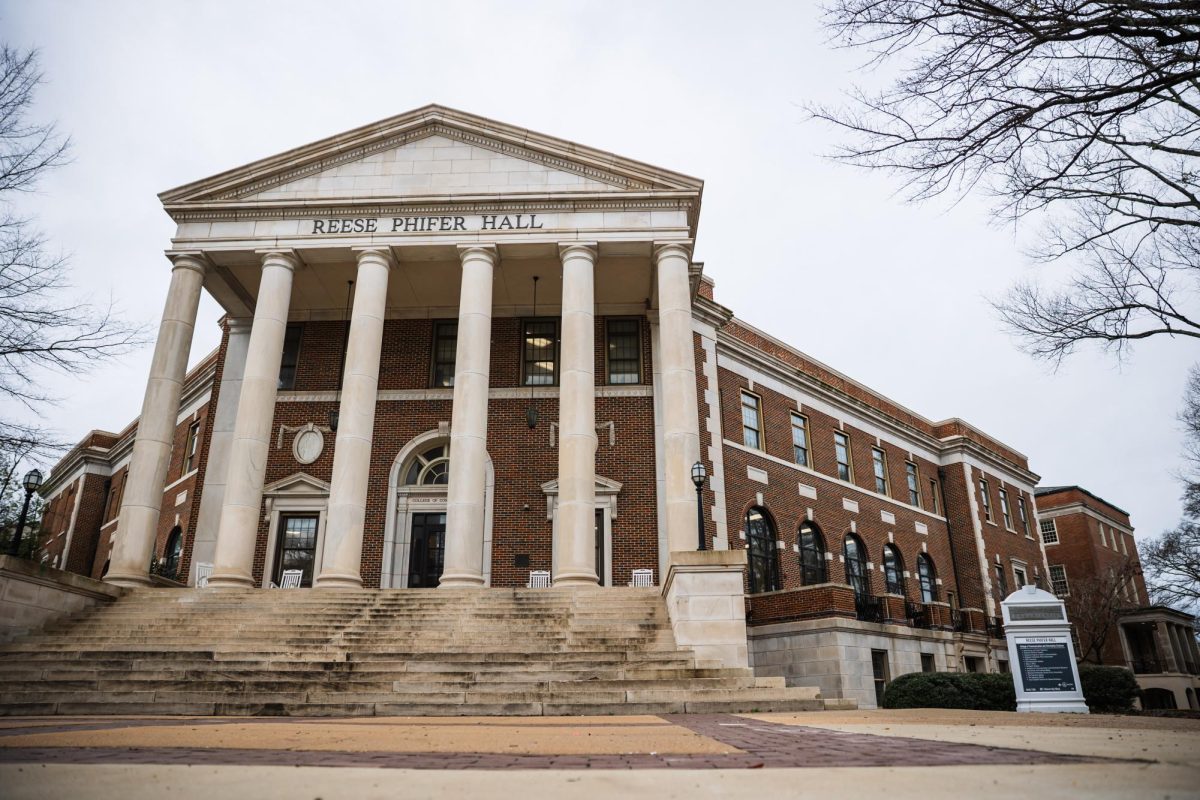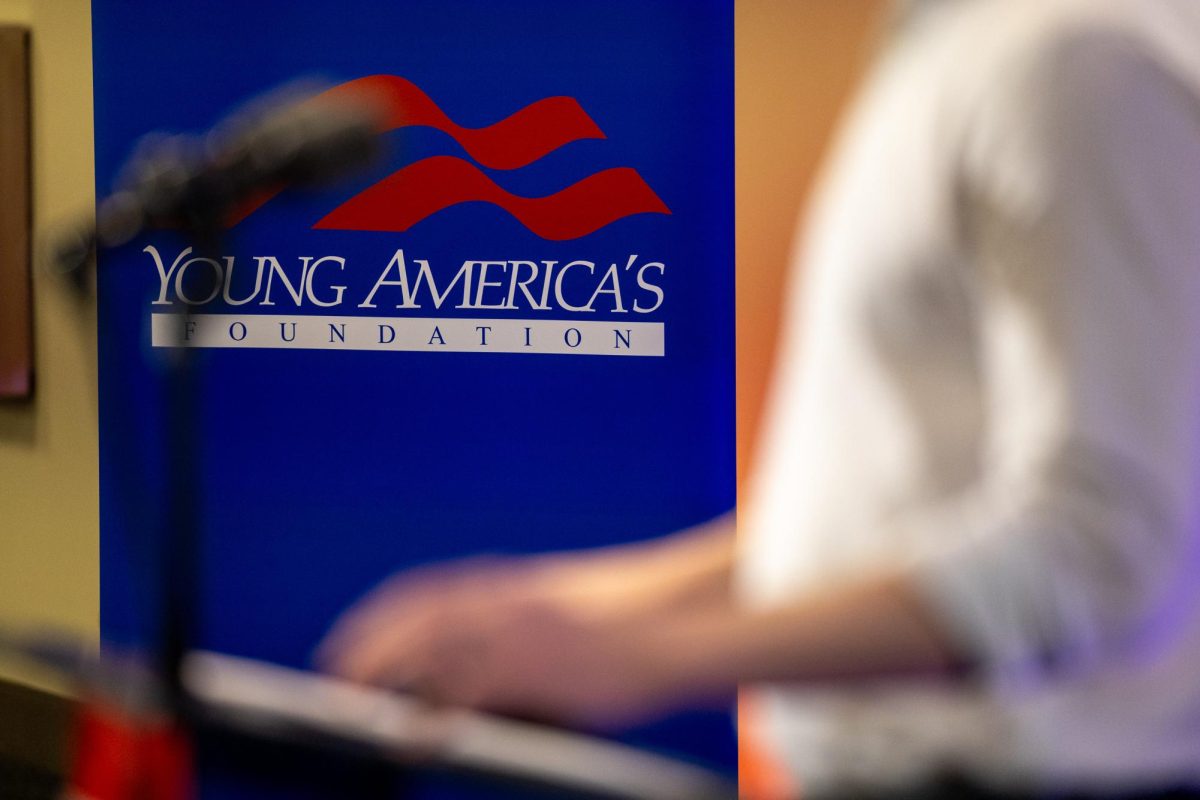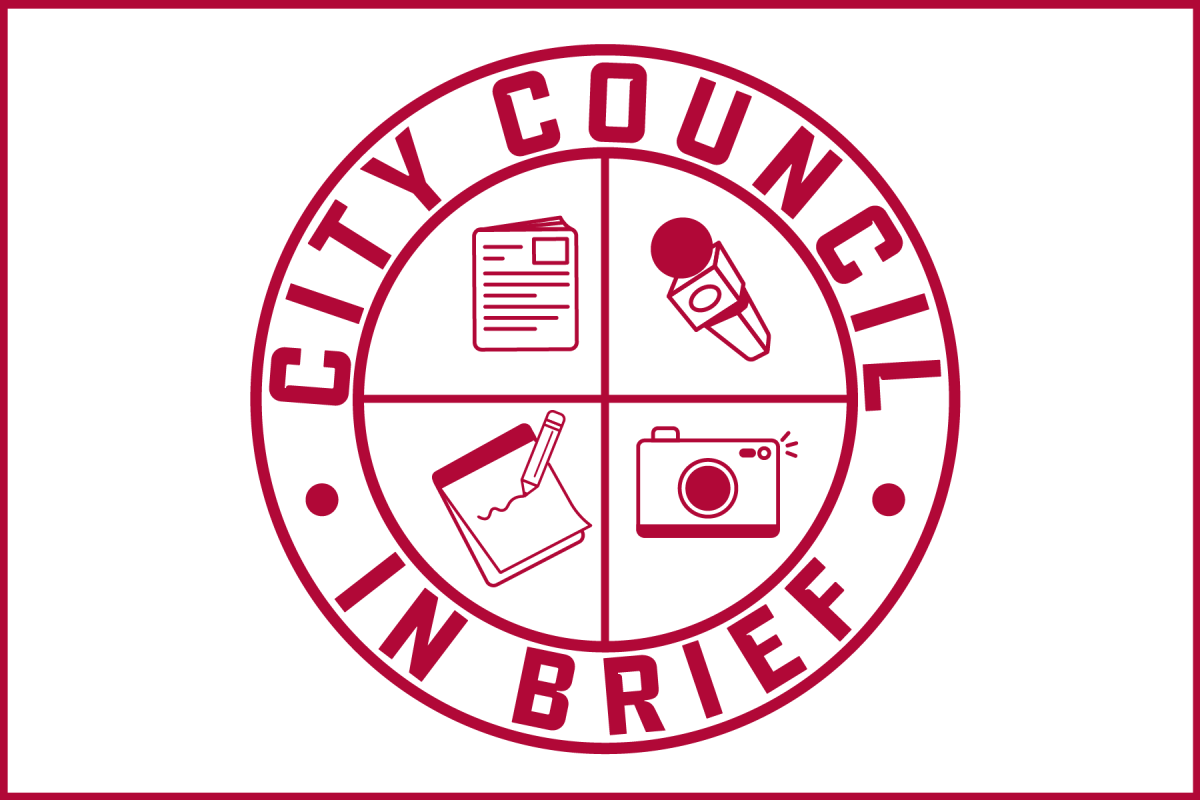As the University’s incoming freshman classes continue to grow, required registration sessions have started to vary from college to college to accommodate different department sizes, but students and advisors have said classic advising sessions still offer the most complete experience.
Developed in the College of Arts and Sciences, which is the largest academic division of the University with 8,400 undergraduate students and 100 programs of study, speed advising rotates through students quickly. Most students at the University have to have an advising hold cleared from their account before they’re allowed to register for classes the next semester.
For some of the most populous colleges besides Arts and Sciences, speed advising during walk-in hours has become a quick alternative to the classic sit-down advising.
Iriana Molusky, a freshman majoring in engineering, said for big departments like engineering, there are several options available.
“If you are in any of the big freshman classes, they do class advising, so an advisor comes to your class, or there’s speed advising where you come in with a paper filled out basically explaining what you chose, and they sign it,” Molusky said.
Molusky said she thinks this quicker option creates a trade-off for in-depth advising.
“The advantage to speed advising is that a lot of students know what they need to take, but for those students who don’t, then it’s a problem because your advisor doesn’t really know you well enough to say ‘You should take that,’ or ‘You shouldn’t take that,’” Molusky said. “Same when they come to class; you’re in and out basically, and you lose a class day to it.”
Maya Champion, a faculty advisor for the College of Communication and Information Sciences, said speed advising works better as a supplement than a substitute for full advising.
With five-to-ten minute sessions, speed advising sessions help answer quick questions with an academic adviser rather than an in-depth look at their course plan for the next several semesters. Students in sessions like this need to have their schedules figured out ahead of time and be prepared to run through what they want with their advisors quickly. For upperclassmen looking for assistance with career planning, full-on advising is absolutely necessary.
“Walk-in hours are really good for quick questions because I do have students come to me for quick questions, and they’ll rush in and rush out, but that’s after they’ve already been advised,” Champion said. “Speed advising is great in addition to full-on advising.”
Maggie Bullington, a sophomore majoring in human environmental science, said students in smaller colleges have an advantage with being able to sit down with their advisors for longer stretches of time than those students who have speed advising as one of their options.
“It’s really nice because human environmental science is a smaller college,” Bullington said. “My advisor, I get to meet with her once a semester.”
Bullington said they can meet for 30 minutes while they plan her future.
Other advisors offer “e-advising” via email for students who do not have the time to drop in to walk-in hours or to set an appointment. Regular advising can fill up rather quickly as the registration dates rapidly approach, so this approach makes advising more accessible for both students and advisors.
Bullington said while this approach works for most colleges based on numbers, it could be easier to have more advisors available for students to work through schedules.
“You do what you got to do because of the size of the college, and it would be cool if you could hire on more advisers,” Bullington said.
Champion said making time for advising is a greater challenge than the number of advisors available.
“I don’t think that we are necessarily understaffed,” Champion said. “I do think sometimes there is a rush for time to talk about professional goals. I think extra appointments can be made or may be needed for career goals, resumes or life talks.”
There are alternative resources on campus that advisors can refer students to if they feel they had enough time during their advising appointments.








